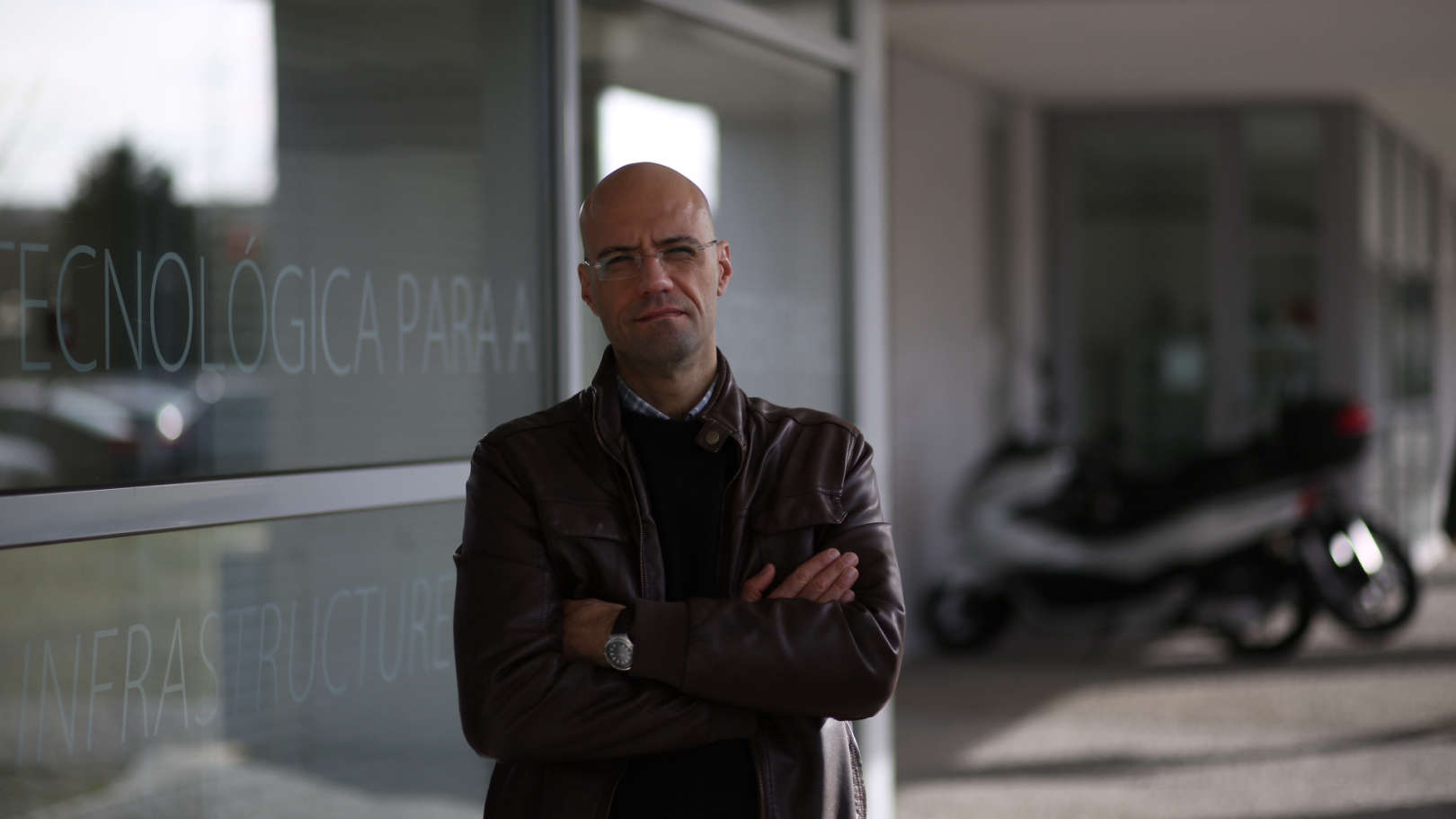About
José Raimundo holds a degree in Communication Design by the Faculty of Fine Arts of the University of Porto in Portugal, where he also lives and studies. He has a professional experience of 20+ years as designer, CAD draftsman and mentor, across several industries and/or institutions.
He has also pursued parallel interests, broadening his activities into the fields of concept artwork, illustration and game design, where he places his greatest passions.
He is currently attending the 2nd year of the Doctoral Programme in Digital Media at the Faculty of Engineering of the University of Porto, supported by an FCT scholarship for advance studies. He is also a collaborator at the Institute for Systems and Computer Engineering, Technology and Science (INESC TEC).
He is particularly interested on how playing games can help nurturing creative literacy, and improve collaborative practices in educational/ professional contexts.
You can access a detailed CV HERE


